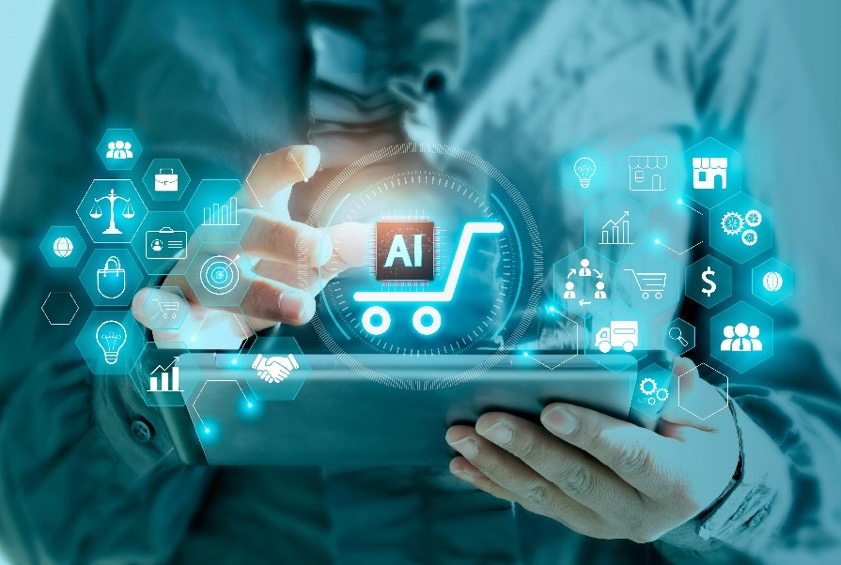Inner Glow, Outer Radiance: Exploring Beauty from Within
Introduction
The emerging trend of "inner radiance, outer glow" is reshaping the personal care market. This approach underscores the link between internal health and external beauty, spurring demand for products that enhance beauty from within. Essential vitamins, minerals, and ingredients such as fish collagen and vitamin E are becoming popular as consumers recognize their ability to improve skin elasticity, hydration, and overall radiance. This trend has created new opportunities for brands that focus on innovative formulations that blend nutritional science with skincare. As awareness increases, consumers are more selective about ingredient quality and effectiveness. Brands that effectively educate their customers about the science behind their offerings can enhance trust and confidence. Ultimately, this integration of inner and outer beauty is transforming the personal care and food and beverage industries.

Beauty and Wellness: Linked Through a Fundamental Approach
Consumers are becoming more conscious of the relationship between nutrition and overall well-being. This is particularly true for how certain foods and supplements can boost skin, hair, and nail health. This trend signifies a growing interest in traditional dietary habits that prioritize natural ingredients and nutrient-rich foods. Products packed with antioxidants and vital vitamins are increasingly sought after not just for their health benefits but also for their ability to enhance external beauty. This shift in consumer awareness has stimulated demand for products aligned with these holistic health beliefs. Brands are responding with offerings that include hydrating solutions, appealing to consumers who understand that adequate hydration is crucial for healthy skin, hair, and nails. Additionally, energy-enhancing supplements are gaining popularity. This is because consumers are placing greater emphasis on their personal appearance as a reflection of their overall health.
Consumers Turn to Nutritional Supplements for Beauty Care
The rise of beauty-from-within supplements is transforming how consumers approach care for their skin, hair, and nails. According to FMCG Gurus’ consumer insights, 29% of global consumers have utilized nutritional supplements over the past two years specifically to improve their skin health. In addition, 16% focused on nail health, and 24% turned their attention to hair care. This highlights how individuals are striving for personalized solutions that reflect their distinct beauty goals. Formats like powders, gummies, and capsules have seen significant growth in popularity for such personalized solutions. These convenient forms cater to preferences and offer an easy way for consumers to integrate essential nutrients into their daily lives.
Customization Opportunities for Brands
Brands now have a unique opportunity to tap into this trend by providing personalized solutions. Custom-tailored supplements can cater to a variety of issues. This includes enhancing collagen production for healthier skin and improving the shine and durability of hair and nails. By aligning their offerings with consumers' core objectives, brands can forge stronger connections and build trust in a competitive marketplace. Additionally, as societal values increasingly pivot towards health and wellness, the demand for transparency and efficacy in beauty products becomes more critical. Brands that emphasize high-quality ingredients, scientific validation, and personalized strategies will be well-positioned to connect with consumers seeking comprehensive beauty solutions. In this changing landscape, the ability to personalize stands out as a vital strategy for brands to adapt.

The Role of Artificial Intelligence in the Beauty Sector
Over the next five years, AI is anticipated to transform the beauty industry by enhancing personalization, efficiency, and sustainability in both product development and consumer engagement. Market research from FMCG Gurus reveals that 68% of participants familiar with AI believe it can positively influence health and wellness. One of the most promising prospects lies in skin mapping technologies. These innovations employ AI algorithms to analyze individual skin types and conditions, allowing brands to recommend customized skincare solutions tailored to specific needs. This level of personalization supports consumers in addressing their unique beauty requirements.




